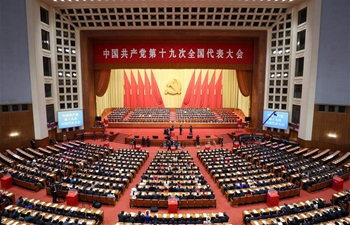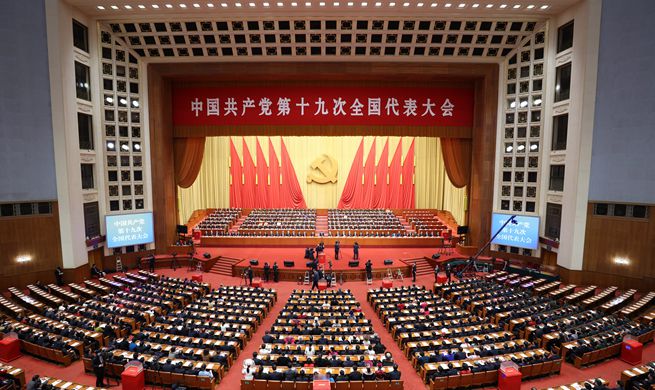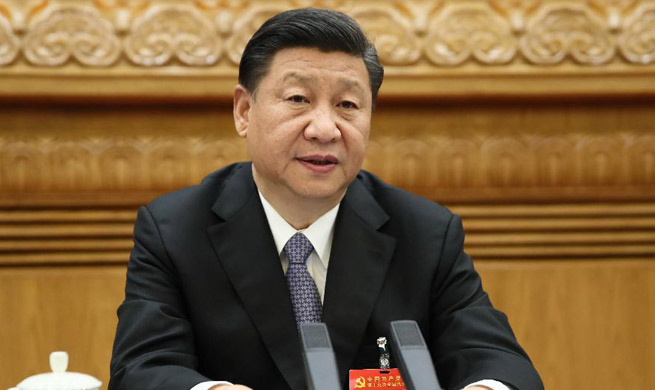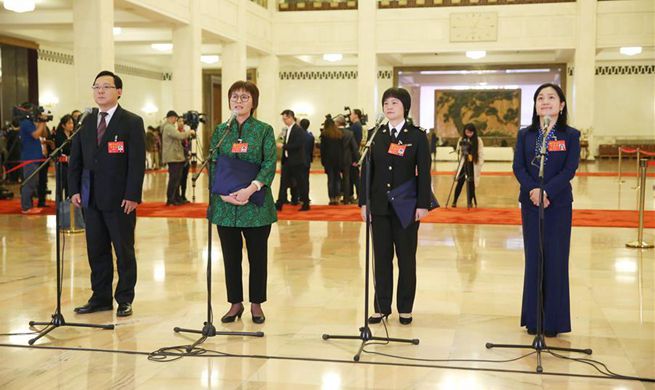HARARE, Oct. 24 (Xinhua) -- Ordinary citizens continue to feel the pinch of cash shortages with banks now prioritizing exporters in the disbursement of cash, the Bankers Association of Zimbabwe (BAZ) has confirmed.
The Herald Business reported on Tuesday that BAZ president Charity Jinya told a recent exporters conference that banks are giving precedence to exporters for cash withdrawals and foreign currency allocations because they are responsible for stimulating the growth of the economy.
She said there were slim chances for non-exporters to obtain cash and banks were therefore encouraging individuals to use plastic money.
"When we receive cash we have to think if we should give it to individuals or companies that will generate more cash and foreign currency.
"This is a difficult decision we have to take. We have to face the truth -- cash is a scarce commodity and therefore it should be rationed," she said. "That is why we are encouraging the use of plastic platforms."
Zimbabweans have endured cash shortages since 2014, leading to the introduction of bond notes and coins, which were supposed to trade at par with the U.S. dollar.
However, a black market has since emerged with dealers trading the greenback for bond notes at a premium.
The government in September imposed a law that allows for the arrest and prosecution of illegal currency dealers and authorizes the police to seize the cash being transacted.
The new regulations also impose several other penalties including the freezing of funds, if the illegal deals are conducted through banks, while the courts may impose fines of three times the value of the currency confiscated.
The country has not had its own currency since the Zimbabwe dollar became moribund in 2009 following years of hyperinflation and various currencies were used instead, with the U.S. dollar being the dominant one.
The others are South African rand, Australian dollar, British pound sterling, Botswana pula, euro, Indian rupee, Chinese yuan and Japanese yen.

















